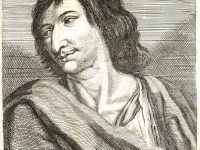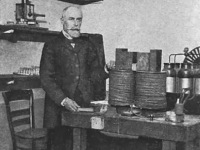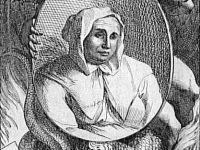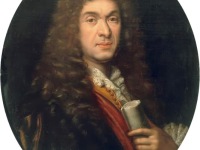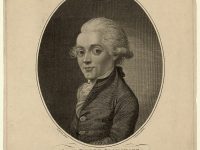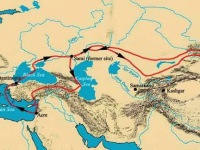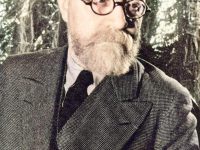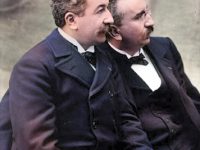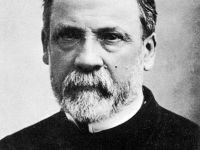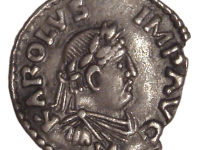The Phantastic Life of Cyrano de Bergerac – Forerunner of Enlightenment
On March 6, 1619, French novelist, playwright, epistolarian and duelist Savinien de Cyrano de Bergerac was born. A bold and innovative author, his work was part of the libertine literature of the first half of the seventeenth century. Today he is best known as the inspiration for Edmond Rostand‘s most noted drama Cyrano de Bergerac, which, although it includes elements of his life, also contains invention and myth. Cyrano – as he is usually…
Read more

